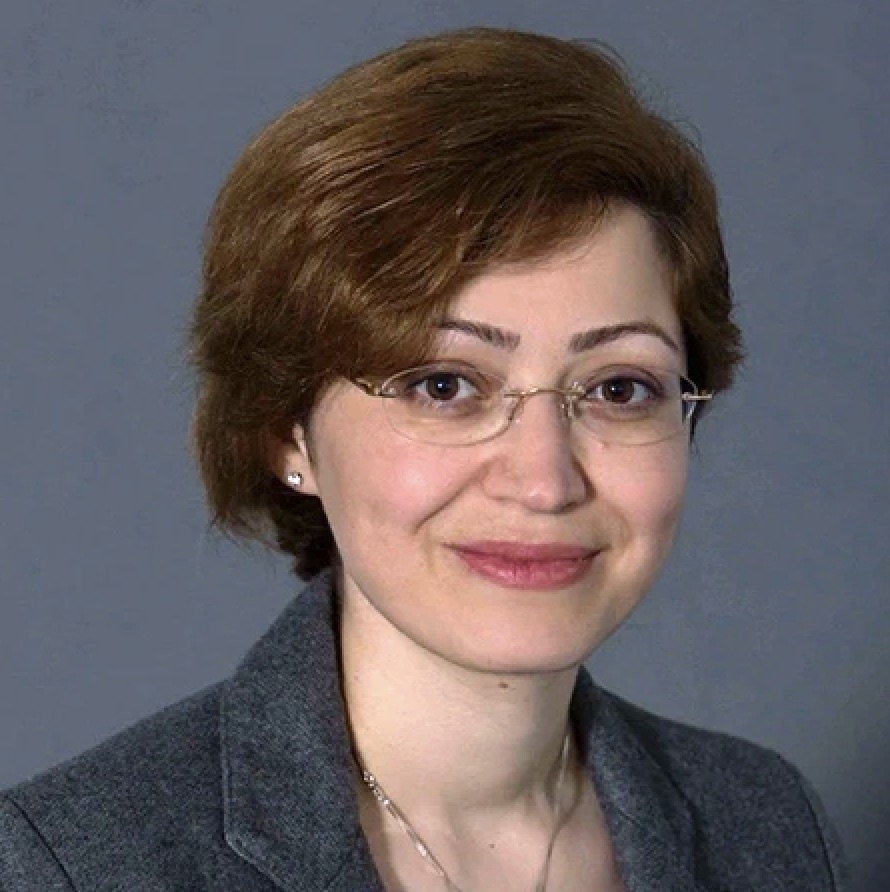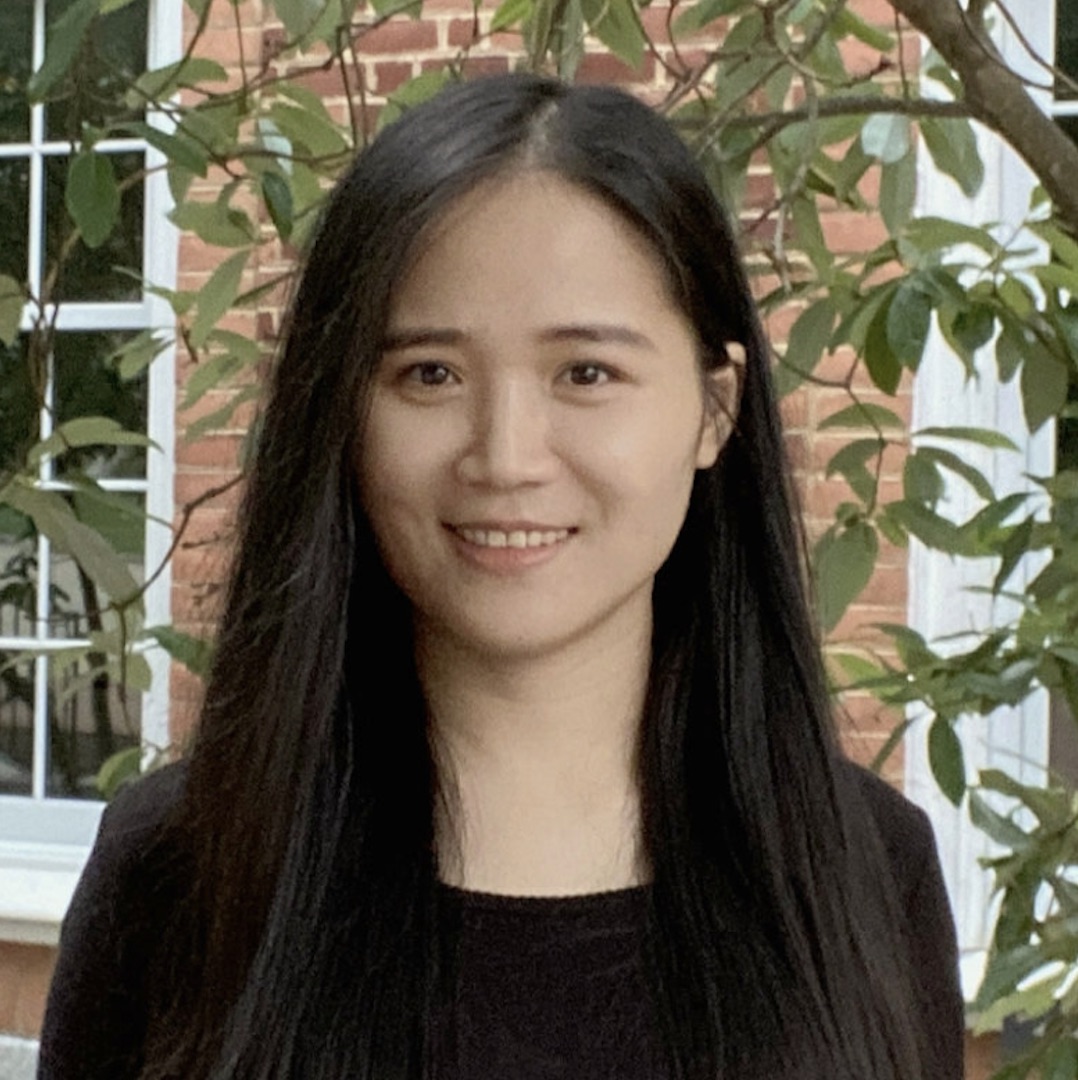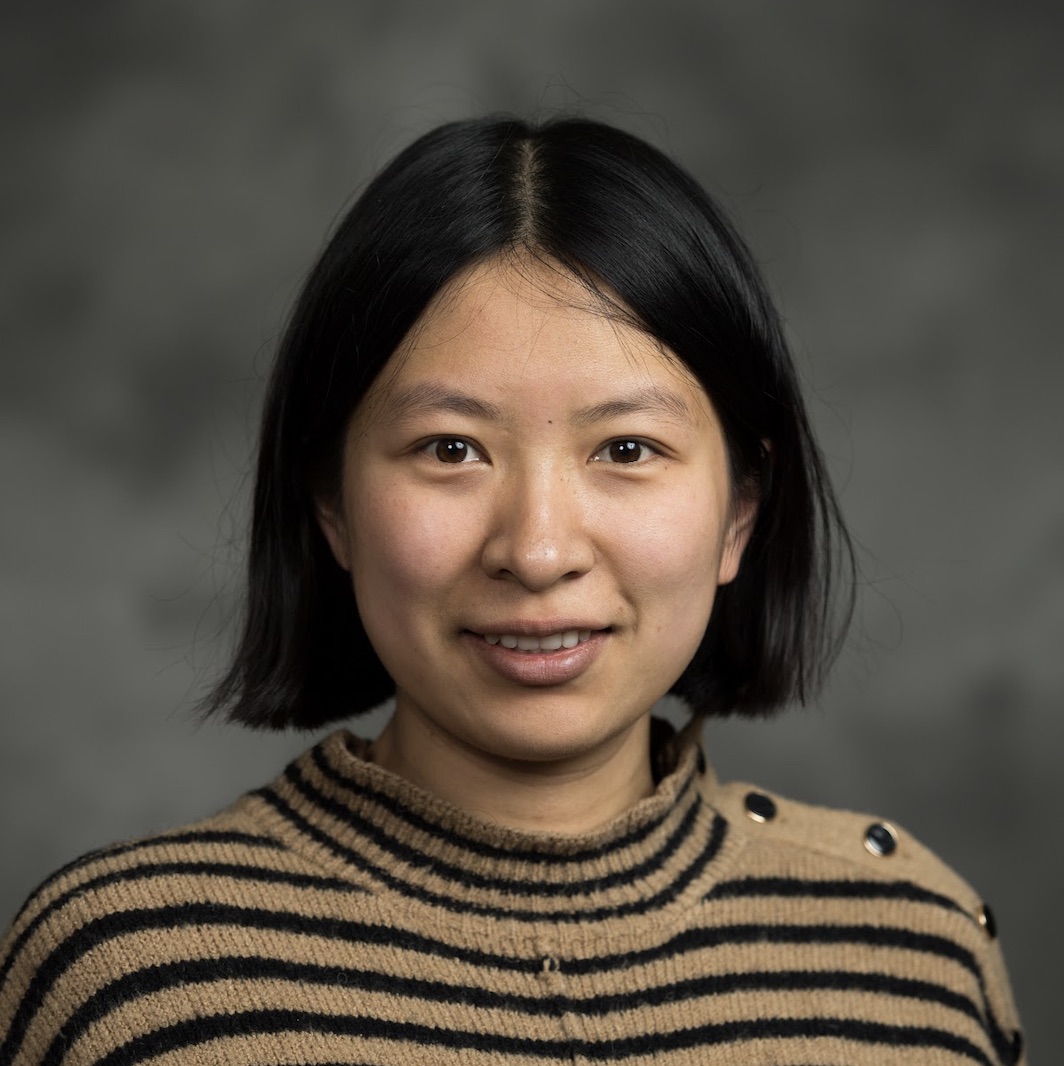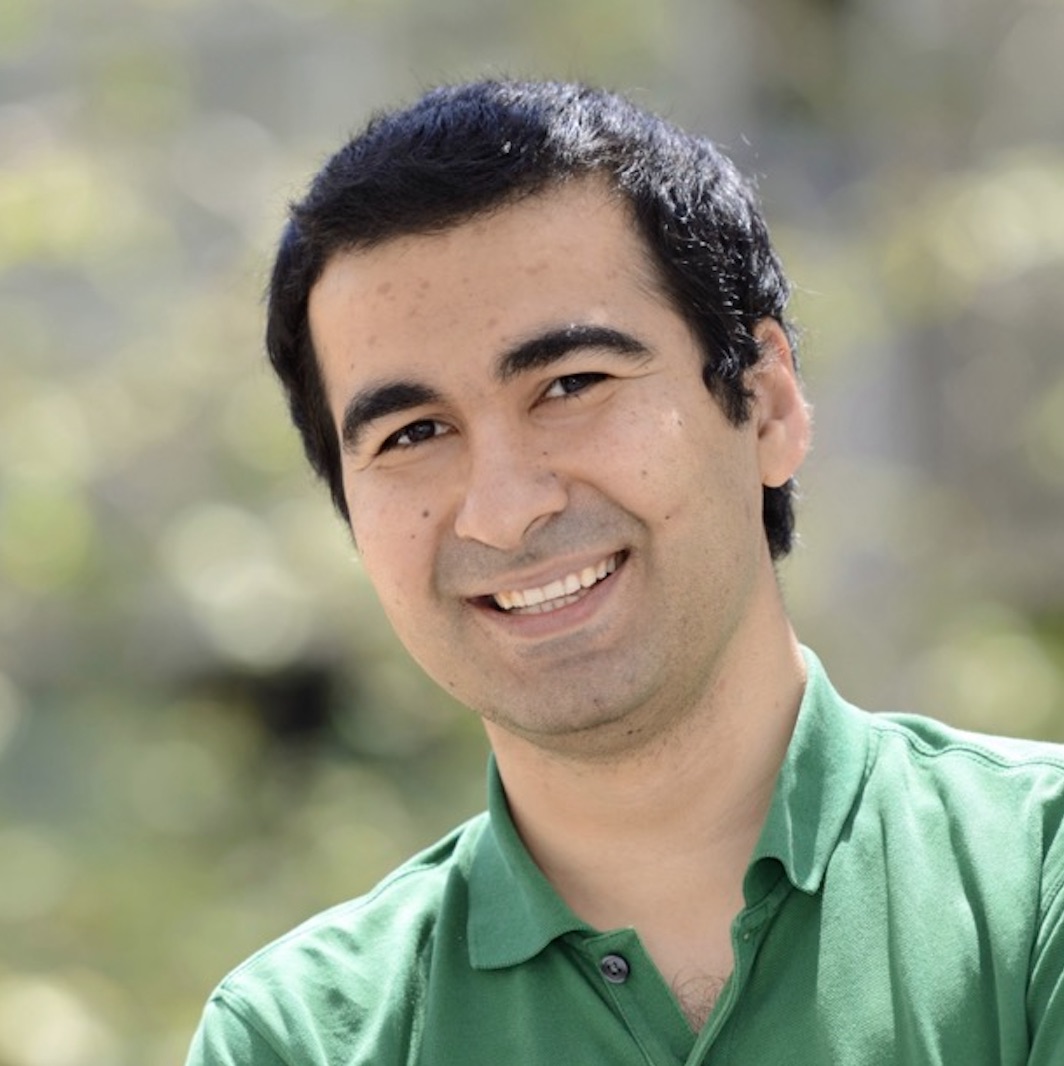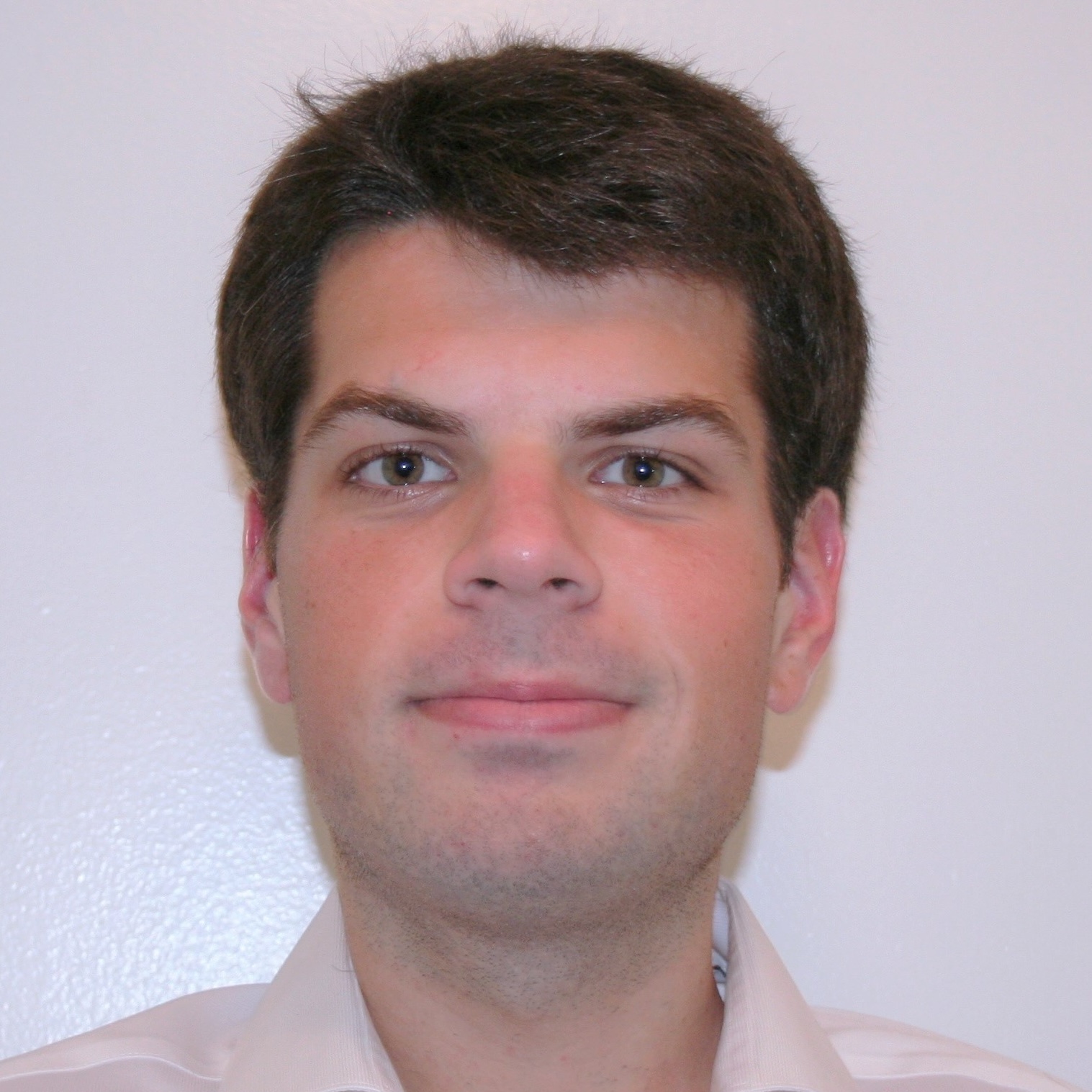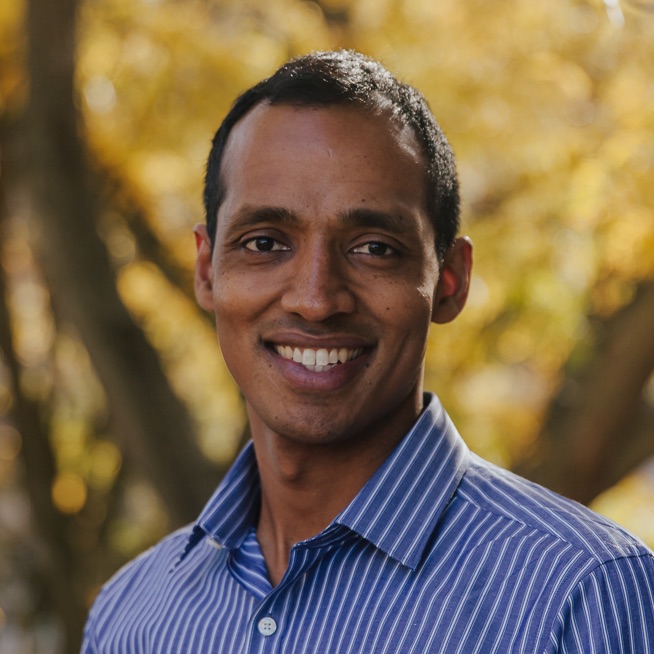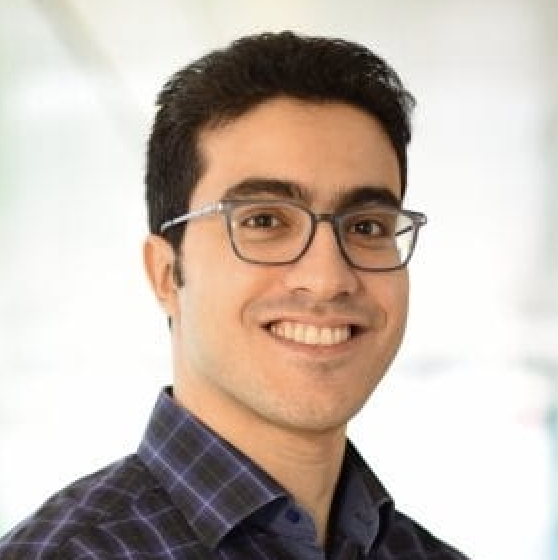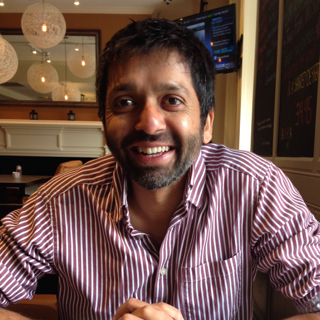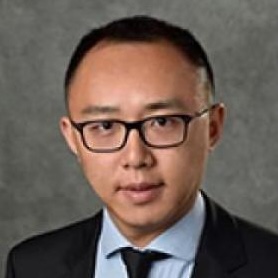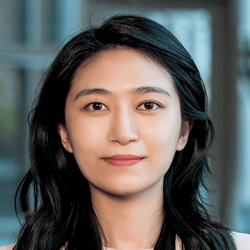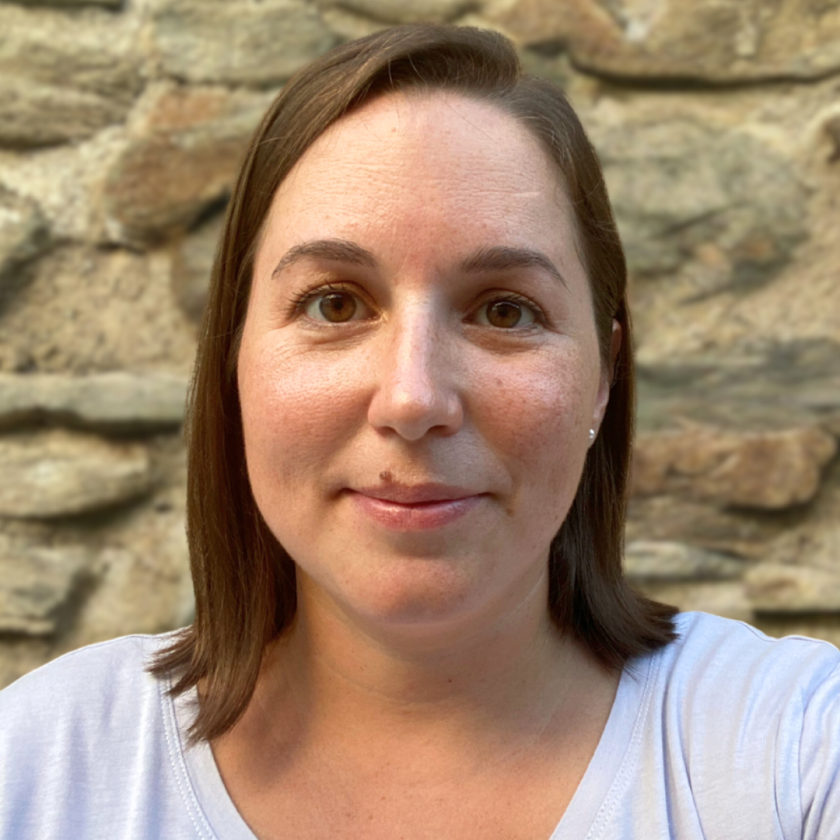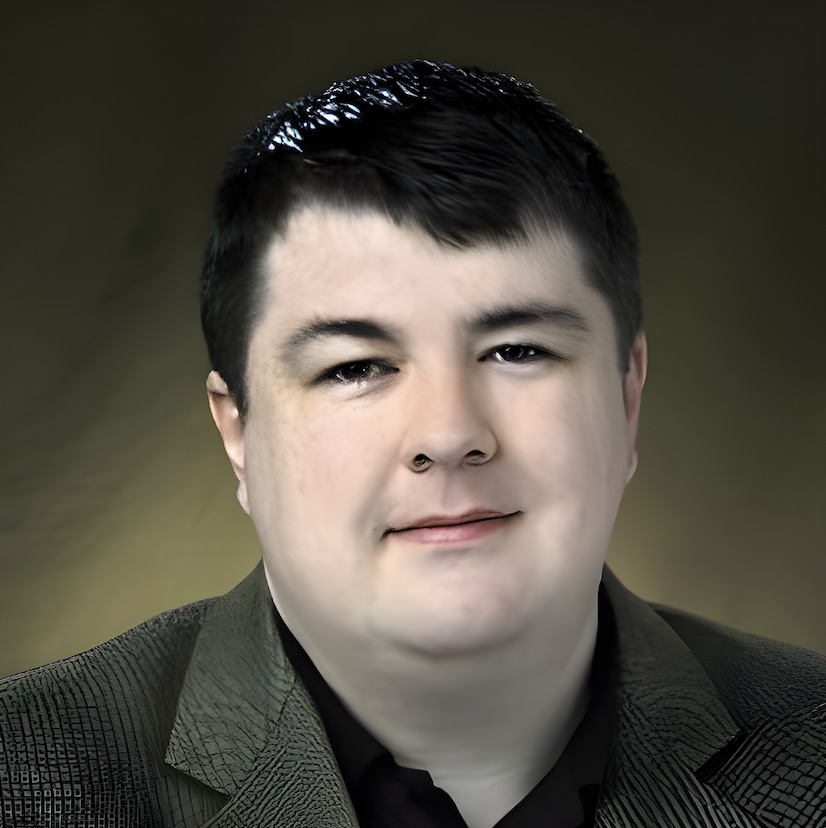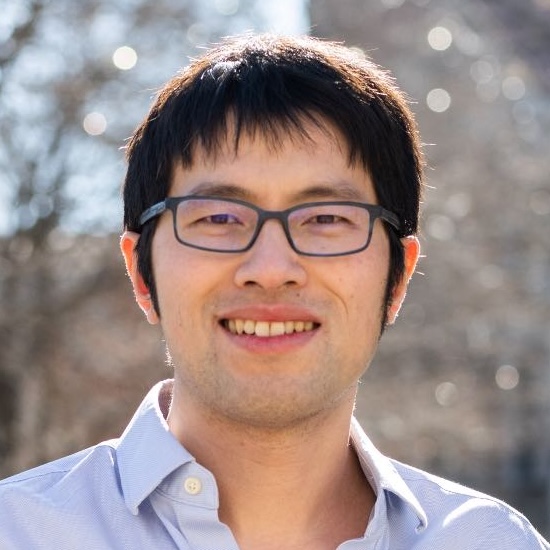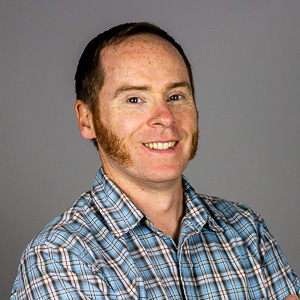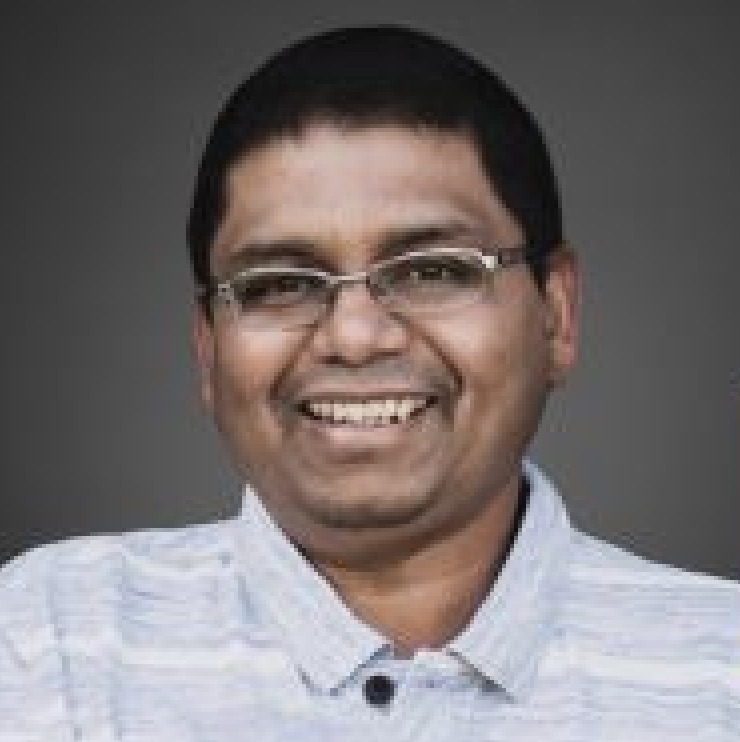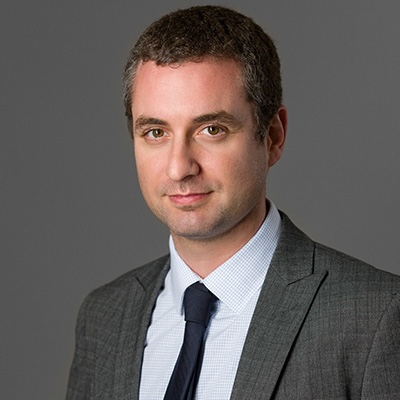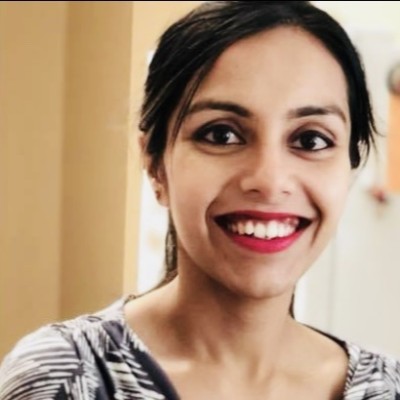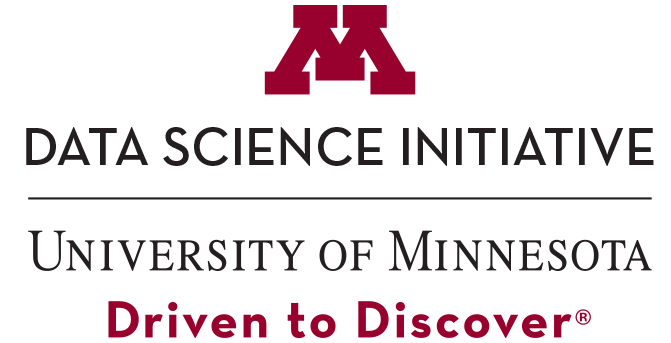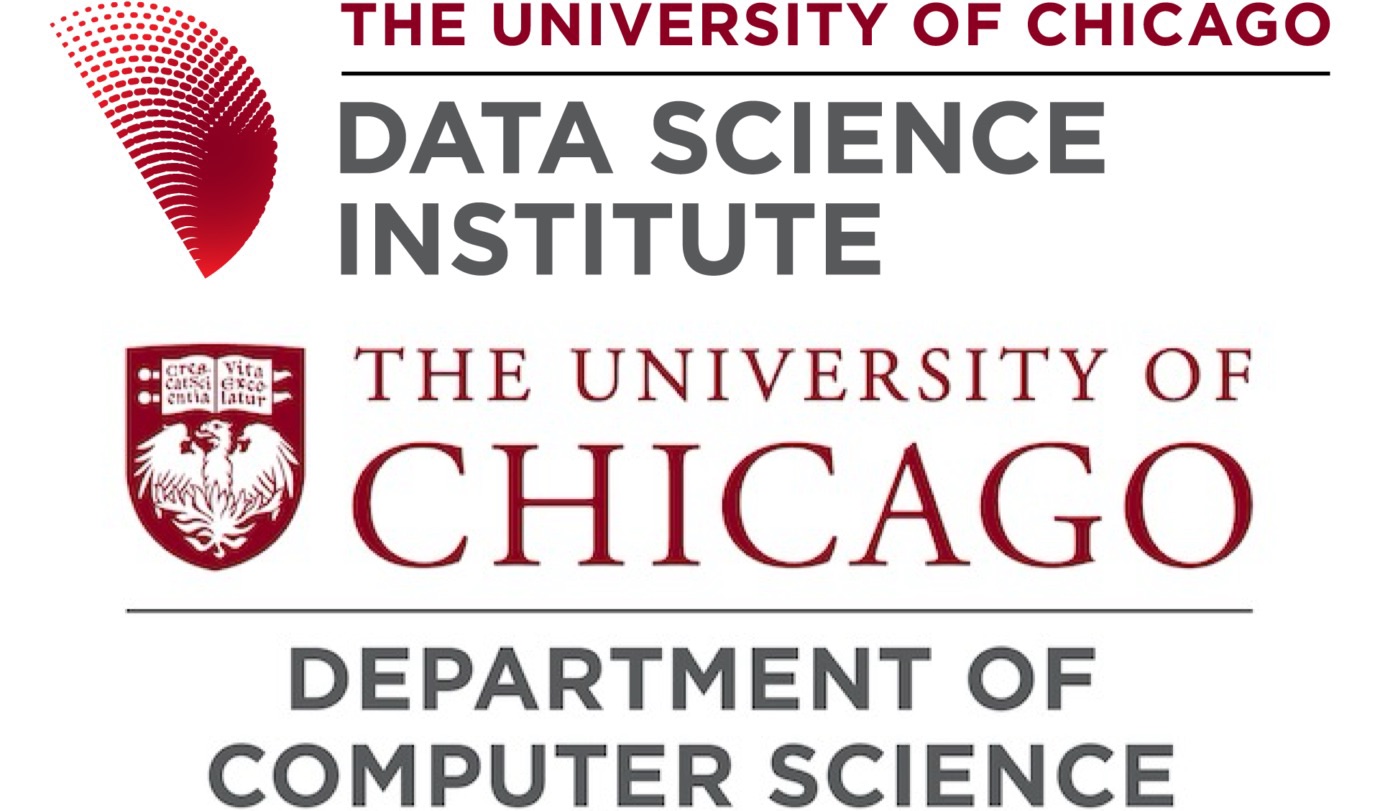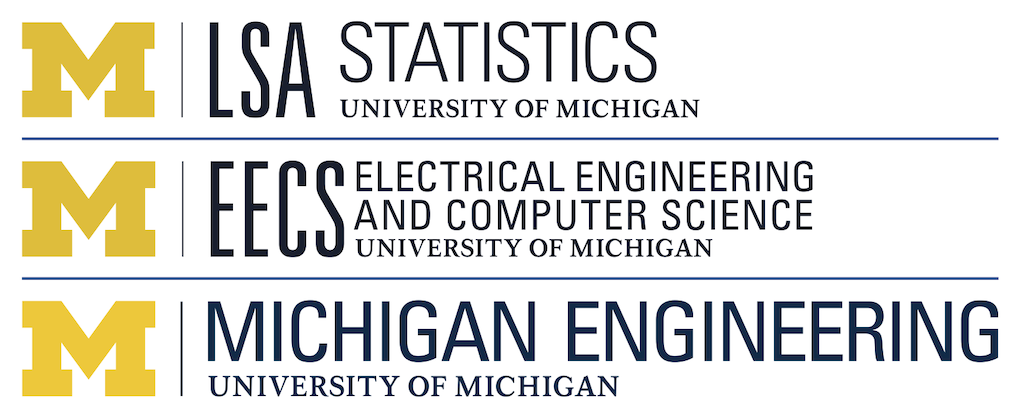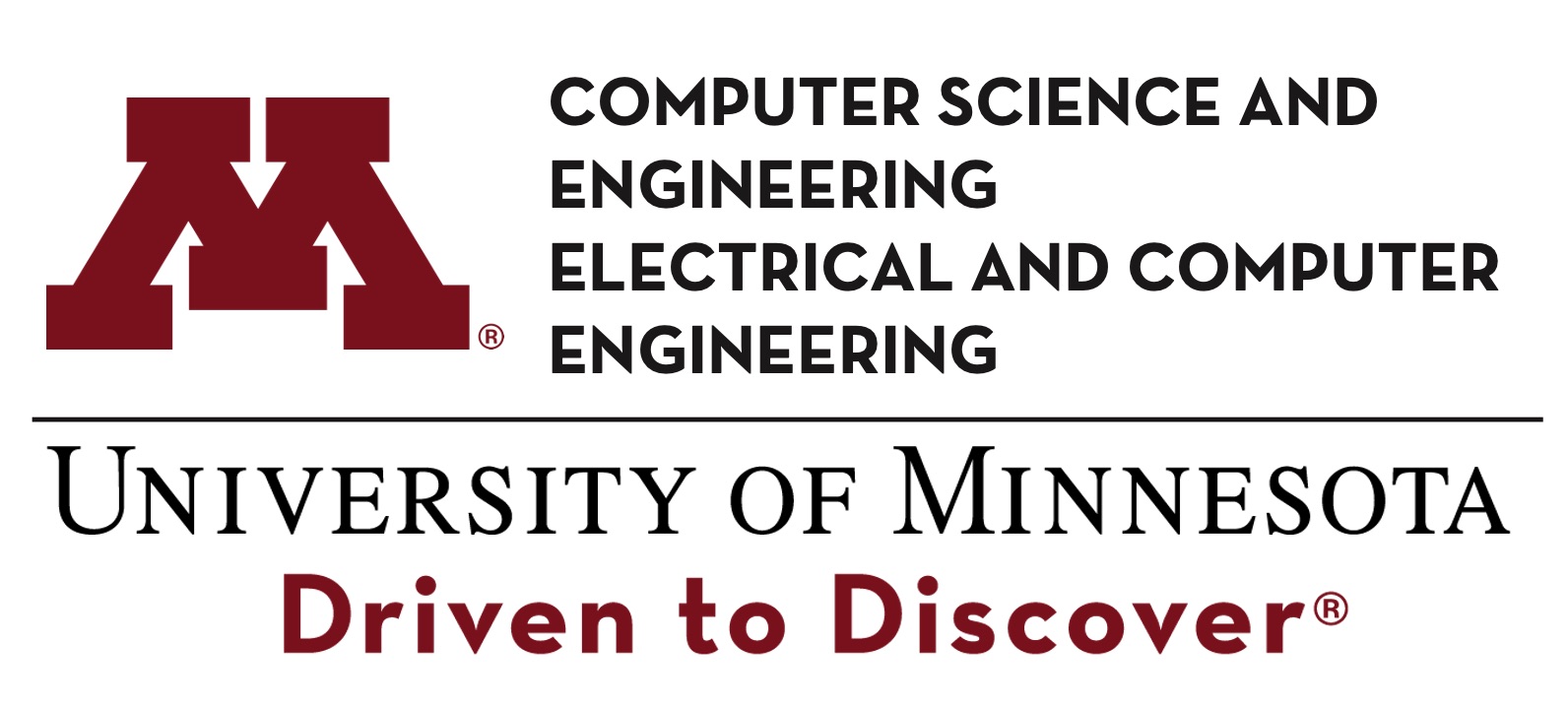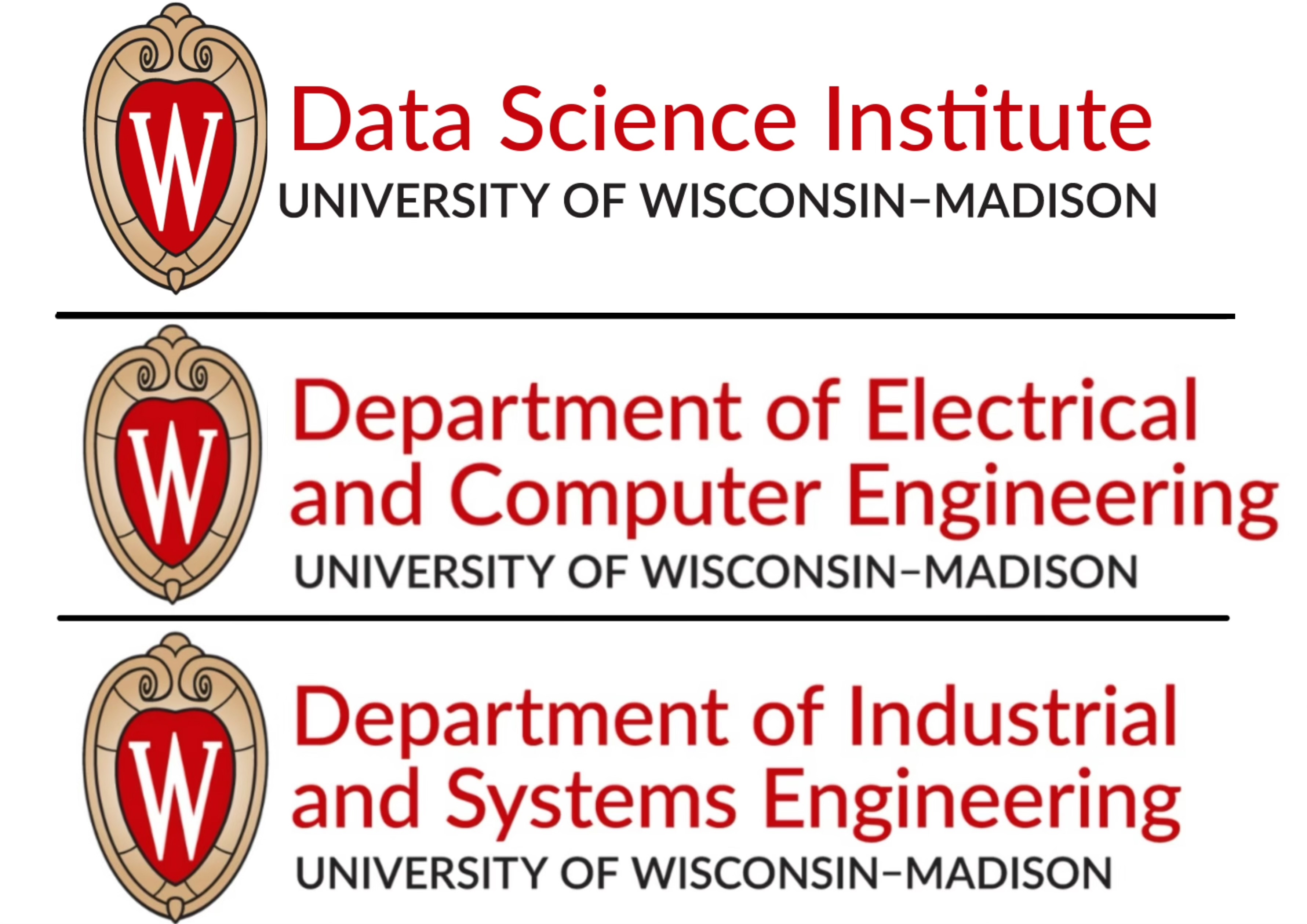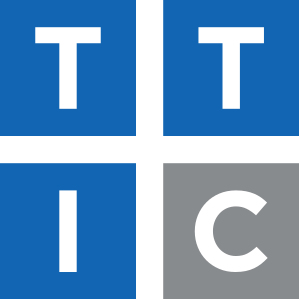- Speaker 1: Kirthevasan (kirthi) Kandasamy (U Wisc)
Title: Data without Borders: Game-theoretic Challenges in Democratizing Data
Abstract: Due to the popularity of machine learning, many organizations view data as an invaluable resource, likening it to the "new oil/gold". However, unlike many types of resources, data is nonrivalrous: it can be freely replicated and used by many. Hence, data produced by one organization, can, in principle, generate limitless value to many others. This will accelerate economic, social, and scientific breakthroughs and benefit society at large. However, considerations of free-riding and competition may prevent such open sharing of data between organizations. An organization may be wary that others may not be contributing a sufficient amount of data, or contributing fabricated/poisoned datasets. Organizations may also wish to monetize the data they have for profit. In some recent work, we leverage ideas from game theory, market design, and robust statistics to design protocols for data sharing. Our methods incentivize organizations to collect and truthfully contribute large amounts of data, so that socially optimal outcomes can be achieved.
In this talk, I will present a high level view of some of our recent approaches to solving these challenges and focus on a mean estimation problem. Here, a set of strategic agents collect i.i.d samples from a high dimensional distribution at a cost, and wish to estimate the mean of this distribution. To facilitate collaboration, we design mechanisms that incentivize agents to collect a sufficient amount of data and share it truthfully, so that they are all better off than working alone. Our approach prevents under-collection and data fabrication via two key techniques: first, when sharing the others’ data with an agent, the mechanism corrupts this dataset proportional to how much the data reported by the agent differs from the others; second, we design minimax optimal estimators for the corrupted dataset. Our mechanism, which is Nash incentive compatible and individually rational, achieves a social penalty (sum of all agents’ estimation errors and data collection costs) that is close to the global minimum.
- Speaker 2: Brian Ziebart (UIC)
Title: Aligned Imitation Learning for More Capable Imitators
Abstract: Given demonstrations of sequential decision making, imitation learning seeks a policy that performs competitively with the demonstrator (when evaluated on the demonstrator's unknown reward function). Prevalent imitation learning methods assume that demonstrations are (near-)optimal. For example, inverse reinforcement learning estimates a reward function that best rationalizes demonstrations, and then imitates using a policy that optimizes the estimated reward function. As imitators become more capable than demonstrators, the (near-)optimality assumption does not hold and these methods can lead to value misalignment. This talk presents subdominance minimization as an alternative imitation learning objective for robustly aligning the imitator with the demonstrator's reward function, even under differences in demonstrator-imitator capabilities.
- Speaker 3: Frederic Sala (U Wisc)
Title: Data-Efficient Adaptation for Pretrained Decision-Making Models
Abstract: The use of pretrained models forms the major paradigm change in machine learning workflows this decade, including for decision making. These powerful and typically massive models have the promise to be used as a base for diverse applications. Unfortunately, it turns out that adapting these models for downstream tasks tends to be difficult and expensive, often requiring collecting and labeling additional data to further train or fine-tune the model. In this talk, I will describe my group's work on addressing this challenge via efficient adaptation. First, when adapting vision-language models to make robust predictions, we show how to self-guide the adaptation process, without any additional data. Second, we show how to integrate relational structures like knowledge graphs into model prediction pipelines, enabling models to adapt to new domains unseen during training, without additional annotated examples. Lastly, in the most challenging scenarios, when the model must be fine-tuned on labeled data, we show how to obtain this data efficiently through techniques called weak supervision.
- Speaker 4: Yulong Lu (UMN)
Title: On the generalization of diffusion models in high dimensions
Abstract: Diffusion models, particularly score-based generative models (SGMs), have emerged as powerful tools in diverse machine learning applications, spanning from computer vision to modern language processing. In this talk, I will discuss about the generalization theory of SGMs for learning high-dimensional distributions. Our analysis show that SGMs achieve a dimension-free generation error bound when applied to a class of sub-Gaussian distributions characterized by certain low-complexity structures.

 Stone Arch Bridge and Mississippi River [Image Credit]
Stone Arch Bridge and Mississippi River [Image Credit]
 MN - Land of 10,000 Lakes [Image Credit]
MN - Land of 10,000 Lakes [Image Credit]




